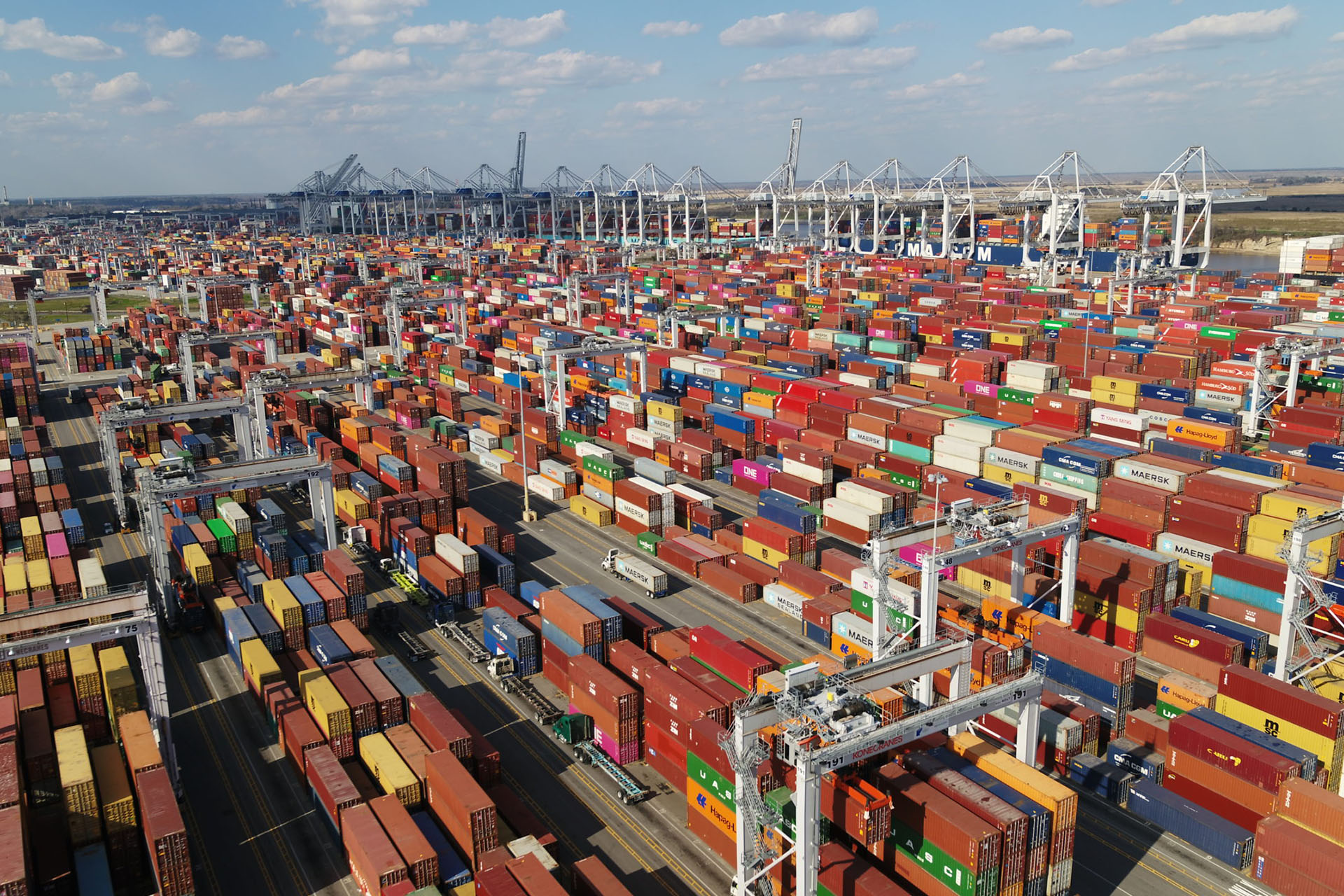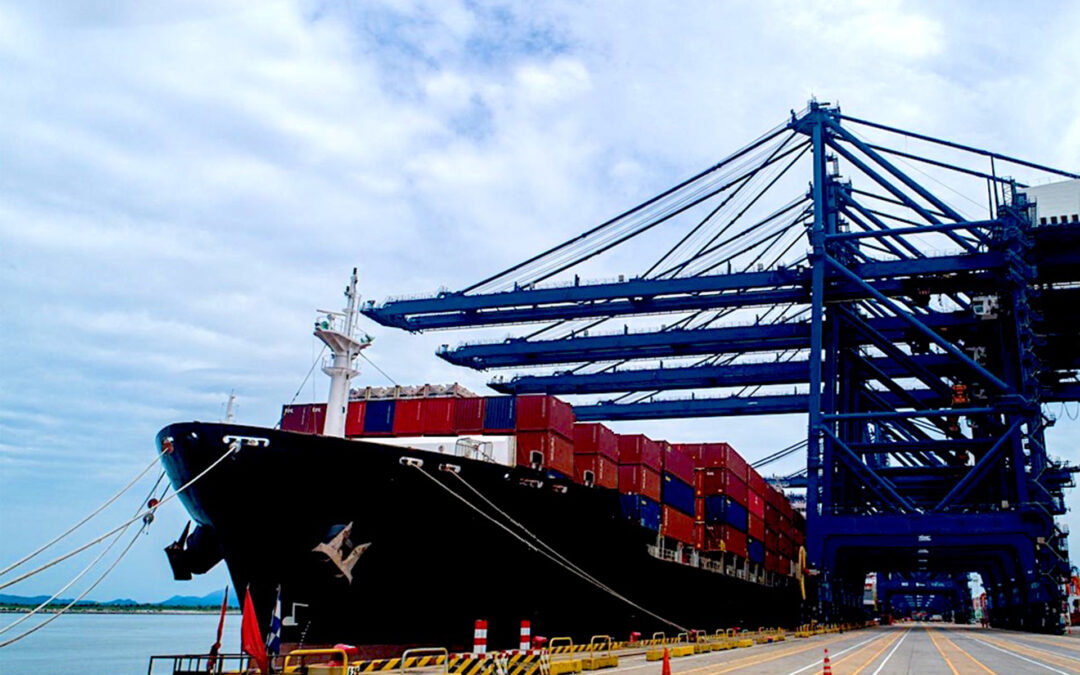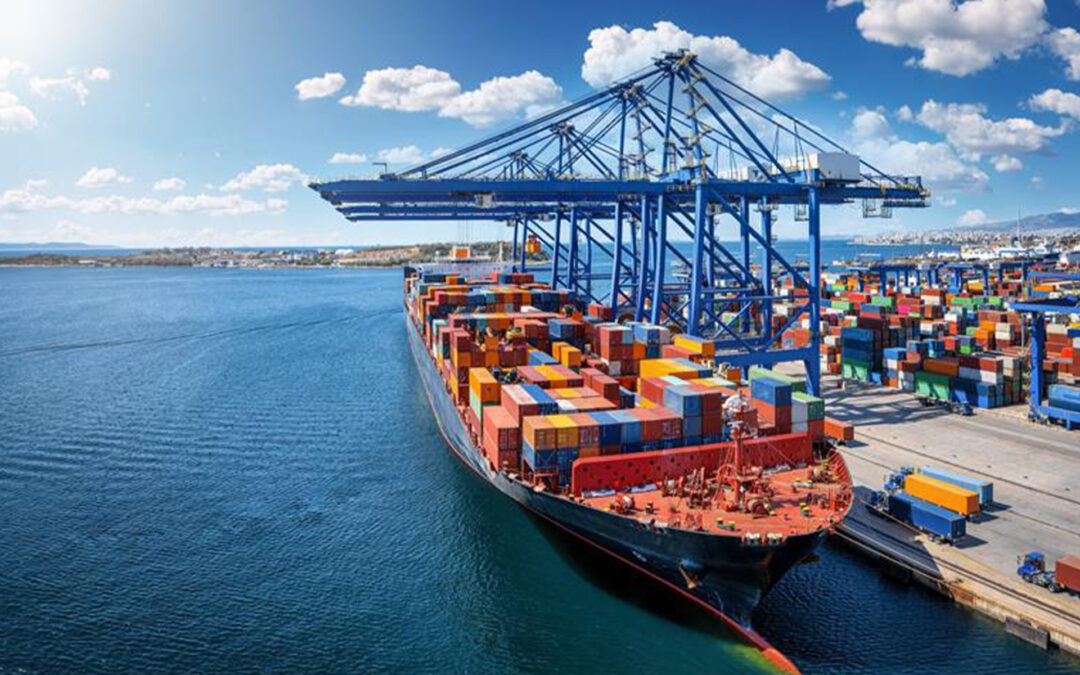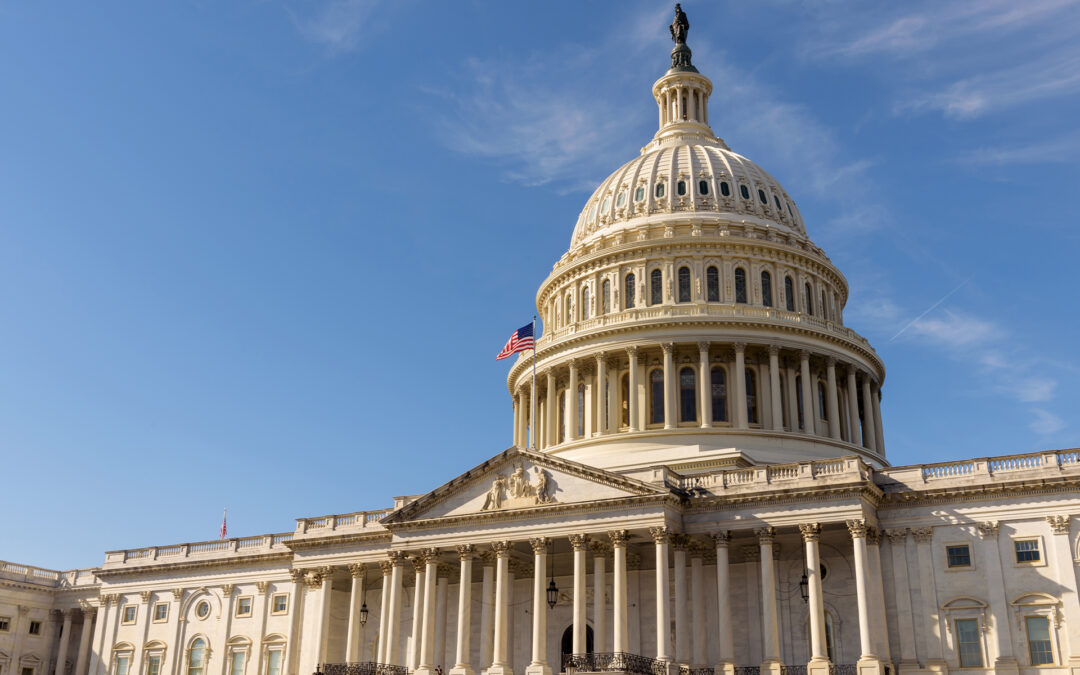The International Longshoremen’s Association (ILA) failed to reach a last-minute agreement with the United States Maritime Alliance (USMX) to prevent a strike at U.S. ports on the East and Gulf Coasts that went into effect this morning. This prompted concerns about the strike’s impact on the economy and forthcoming holiday retail, along with calls for swift action by the Biden administration.
Derek Miller, president and CEO of the International Housewares Association (IHA), said, “Today’s port strike will impact the distribution and free flow of goods within the U.S. and will disrupt our members’ ability to fulfill orders. The International Housewares Association has co-signed a letter along with 226 other organizations urging President Biden and his administration to use their authority to end the strike and to avoid the negative ramifications that it will have on our industry and the overall economy.”
Craig Akers, executive director of the International Housewares Shippers Association, said immediate effects of the strike could include congestion charges at struck ports of $1,000 to $4,000 per container and, potentially, problems clearing customs. He suggested that shippers should get in contact with their customs brokers about processing. “Containers flagged for exams most likely won’t go smoothly,” Akers said.
IHA Government Affairs Committee representative Craig Brightup, CEO of The Brightup Group, said the Biden administration “was urged to use Taft-Hartley to invoke a three-week cooling-off period to continue talks, especially with all of the needs caused by Hurricane Helene.”
Brightup added that although wage negotiations have generated the most attention, they aren’t the central issue. “The main issue for the ILA isn’t so much more pay as it is the automation of ports,” he said.
On September 30, as the strike deadline approached, USMX maintained movement in the period leading up to the strike deadline, which had been sufficient to suggest holding off on job actions and keeping negotiations active.
“In the last 24 hours, the USMX and ILA have traded counter-offers related to wages,” according to a statement by USMX on its website. “The USMX increased our offer and has also requested an extension of the current master contract now that both sides have moved off their previous positions. We are hopeful that this could allow us to fully resume collective bargaining around the other outstanding issues in an effort to reach an agreement. Our offer would increase wages by nearly 50 percent, triple employer contributions to employee retirement plans, strengthen our health care options, and retain the current language around automation and semi-automation.”
The ILA countered with a statement on its website, saying USMX is blocking the way forward for negotiations on a new master contract by refusing its reasonable contract demands and seemed intent on causing a strike at East and Gulf Coast ports.
“The Ocean Carriers represented by USMX want to enjoy rich billion-dollar profits that they are making in 2024 while they offer ILA Longshore Workers an unacceptable wage package that we reject,” the ILA stated. “ILA longshore workers deserve to be compensated for the important work they do keeping American commerce moving and growing. It’s disgraceful that most of these foreign-owned shipping companies are engaged in a ‘Make and Take’ operation: They want to make their billion-dollar profits at United States ports and off the backs of American ILA longshore workers and take those earnings out of this country and into the pockets of foreign conglomerates. Meanwhile, ILA-dedicated longshore workers continue to be crippled by inflation due to USMX’s unfair wage packages. “
The ILA also accused shippers of gouging their customers with increased costs that pass to American consumers, significantly increasing fees recently for moving containers.
The Retail Industry Leaders Association (RILA) noted that the latest estimates suggest that the port strike could cost the U.S. economy more than $4 billion a day. RILA pointed out that, already having faced unexpected supply chain disruption, the strike was a difficulty that didn’t come out of the blue, as the two parties had years to work out an agreement, which made the economic harm entirely foreseeable and avoidable.
RILA president Brian Dodge stated, “Retailers have been patiently watching the ongoing port labor negotiations with hopes that a mutual agreement would be reached to avoid a work stoppage. However, the industry is frustrated to see almost half of U.S. oceangoing imports and exports on the verge of an immediate halt, with the fallout possibly leading to severe supply chain disruption. As logistics leaders, retailers have already activated contingency plans, including rerouting shipments, to ensure consumer goods reach their final destination with limited disruption or extra costs. Shoppers can rest assured holiday merchandise will be on shelves. However, the longer this work stoppage goes on, the harder it will become to shield customers from its effects.
As such, RILA is urging the ILA and USMX to restart negotiations and keep them going “until a deal is reached that ensures these vital supply chain gateways are fully operational to serve the American public. However, given the ILA’s current posture, we implore the Biden-Harris administration to stay engaged and consider all options to keep the U.S. economy open for business.”
National Retail Federation President and CEO Matthew Shay suggested just after the strike began that President Biden use available tools offered by the Taft-Hartley Act to immediately restore operations at all affected container ports, as the economy needs the parties back at the negotiating table to minimize supply-chain complications.
“A disruption of this scale during this pivotal moment in our nation’s economic recovery will have devastating consequences for American workers, their families and local communities,” Shay said. “After more than two years of runaway inflationary pressures and in the midst of recovery from Hurricane Helene, this strike will result in further hardship for American families. The administration must prioritize our economy and the millions of Americans who depend on it for their livelihood and well-being and intervene immediately to prevent further hardship and deeper economic consequences. It is essential that the ILA and USMX immediately resume negotiations with the intention of finalizing a new master contract without further disruptions and putting an end to this stalemate.”





